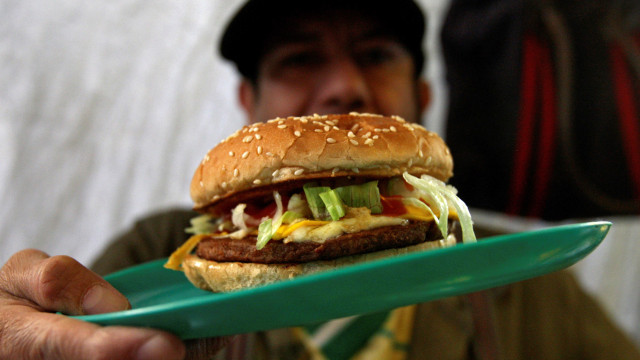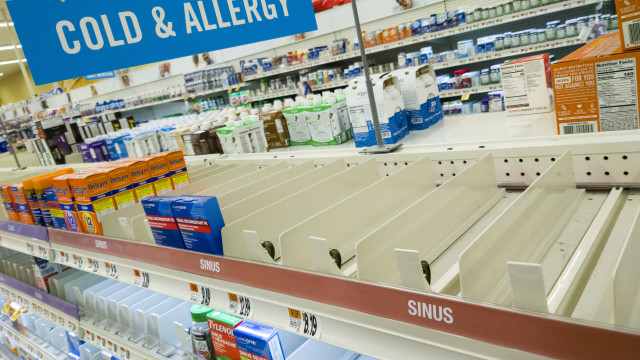For people who avoid caffeine, decaffeinated coffee seems to be a harmless option. But some health groups that argue otherwise have petitioned the US Food and Drug Administration to ban a key chemical involved in the decaffeination process because of concerns it causes cancer.
That chemical is methylene chloride, a colorless liquid that is used in some industrial processes, "including in paint stripping, pharmaceutical manufacturing, paint stripper manufacturing, and metal cleaning and degreasing," according to the Occupational Safety and Health Administration.
Methylene chloride has long been known to be a carcinogen, designated as such by the National Institutes of Health's National Toxicology Program, the Environmental Protection Agency and the World Health Organization, says Dr. Maria Doa, senior director of chemical policy at the Defense Fund. environment, one of five groups and individuals behind two food additive and colorant petitions sent to the FDA.
The FDA entered the petitions in its review registry on December 21 and was accepting public comments on the notice of filing until March 11.
"In addition to being carcinogenic, methylene chloride can cause other health harms such as liver toxicity and, at higher exposures, neurological effects and in some cases death," Doa added by email. According to the US Centers for Disease Control and Prevention, these risks are in the context of external acute exposure to high levels of the chemical or self-ingestion of the chemical.
The chemical's toxicity led the Environmental Protection Agency to ban its sale as a paint remover in 2019; in 2023, the agency proposed banning its sale for other consumer uses and many industrial and commercial uses, Doa said. But the food uses regulated by the FDA under the Federal Food, Drug, and Cosmetic Act remain. (The California state assembly, which has one of the largest economies in the world and often influences the rest of the country, recently introduced a bill seeking to ban the use of methylene chloride in the decaffeination process.)
The Environmental Defense Fund and its co-plaintiffs argue that by allowing methylene chloride in food, the FDA is "disregarding" a 66-year-old addition to federal law, called the Delaney Clause, which requires the FDA to ban food additives for which it is proven to cause or induce cancer when ingested by humans or animals.
"Thus, these chemicals absolutely cannot and should not be considered safe," Doa said.
The FDA said it is currently reviewing the petitions, but does not comment on them while they are pending, an FDA spokesman said.
"Although methylene chloride may be indirectly involved in food processing, such as in the decaffeination of coffee beans, residue limits have been established to limit exposure," an FDA spokesperson said by email. "Any food product that contains residues of methylene chloride above the established limits shall not be permitted for sale or consumption."
William Murray, president and CEO of the National Coffee Growers Association, said banning decaffeinated coffee made by the European method — the kind that uses methylene chloride — "would go against the science and harm the health of Americans." BGNES







